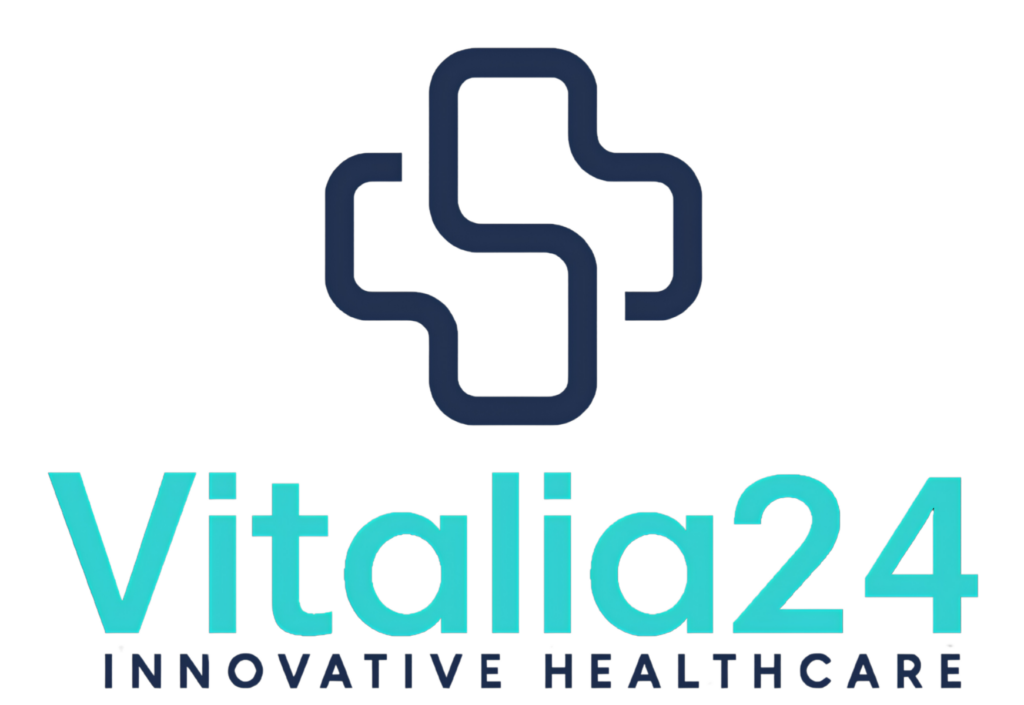How MSC Stem Cell Therapy Offers New Hope for Children with Autism
According to the World Health Organization, it is estimated that worldwide about 1 in 100 children is affected by autism. Furthermore, this number highlights the need for innovative treatments and solutions.
Autism Spectrum Disorder (ASD) is a complex neurodevelopmental condition characterized by challenges in social communication and the presence of repetitive behaviors or restricted interests. Moreover, the term “spectrum” reflects the wide variation in challenges and strengths possessed by individuals with autism.
In recent years, Mesenchymal Stem Cells (MSCs) have emerged as a promising avenue for addressing some of the underlying biological abnormalities associated with ASD. As a result, these therapies are gaining attention for their potential to transform autism care.
How MSC Stem Cell Therapy Helps Treat Autism
Mesenchymal stem cells (MSCs), first identified by Friedenstein in 1976, have since been extensively studied and characterized. These versatile cells can be derived from various sources, including bone marrow, adipose tissue, umbilical cord blood, and the placenta, and are relatively easy to isolate and culture in vitro.
MSCs are known for their regenerative, anti-inflammatory, and immunomodulatory properties, which may offer therapeutic benefits for children with autism.

Understanding MSCs and Their Potential Benefits
The therapeutic potential of MSCs in autism is primarily attributed to two key mechanisms:
- Neuroprotection and Repair: MSCs can differentiate into neural cells, potentially repairing or replacing damaged neurons. They also secrete factors that support neural cell survival and promote neurogenesis—the creation of new neurons.
- Anti-inflammatory Effects: Chronic neuroinflammation is believed to play a significant role in the pathology of autism. MSCs have the ability to modulate the immune response, reducing inflammation and creating a more favorable environment for neural development and function.
Potential Benefits of MSC Therapy for Autism
- Improved Neural Function:
- Stem cells and exosomes may stimulate neurogenesis (creation of new neurons) and repair damaged neural tissues.
- Potential improvements include cognitive functions such as attention, learning, and memory.
- Reduced Neuroinflammation:
- Anti-inflammatory properties of stem cells and exosomes could alleviate neuroinflammation, a factor believed to contribute to autism symptoms.
- Enhanced Communication and Social Skills:
- Therapies may improve social interactions, communication skills, and behavioral regulation by modulating immune responses and repairing neural pathways.
- Individualized Treatment:
- These therapies can be tailored to meet the specific needs and symptoms of individuals, providing a personalized approach to autism care.
Treating Autism Spectrum Disorder (ASD) with Stem Cells and Exosomes
Clinical trials exploring the use of stem cells and exosomes for autism treatment focus on their potential to address the biological abnormalities underlying Autism Spectrum Disorder (ASD). These investigations are supported by the regenerative, anti-inflammatory, and immunomodulatory capabilities of both stem cells and their exosomes.
Learn more about advanced Stem Cell Treatments.
Stem Cells:
- Neuroprotection and Repair: Mesenchymal stem cells (MSCs) can differentiate into various cell types, offering the potential to repair or replace damaged neurons. Additionally, they release factors that promote neural cell survival and neurogenesis (the formation of new neurons), supporting brain health.
- Anti-inflammatory Effects: MSCs can mitigate neuroinflammation, a factor believed to significantly contribute to autism pathology. By modulating the immune response, they create a more conducive environment for healthy neural development and functioning.
Exosomes:
- Cell Communication: Exosomes, small vesicles secreted by stem cells, play a critical role in cell-to-cell communication. They carry therapeutic proteins, lipids, and RNA, delivering these molecules directly to affected brain regions.
- Immunomodulation: Exosomes are capable of modulating immune responses, reducing detrimental inflammation, and potentially improving neurodevelopmental outcomes.
Conclusion
The treatment of autism with Mesenchymal stem cells and Exosomes aims shows promising results in addressing the neurological and developmental challenges associated with ASD by leveraging advanced regenerative medicine techniques, offering new hope for managing autism through innovative approaches.
If you are interested in learning more about MSC Therapy for children with autism, contact Vitalia24 for more information.


